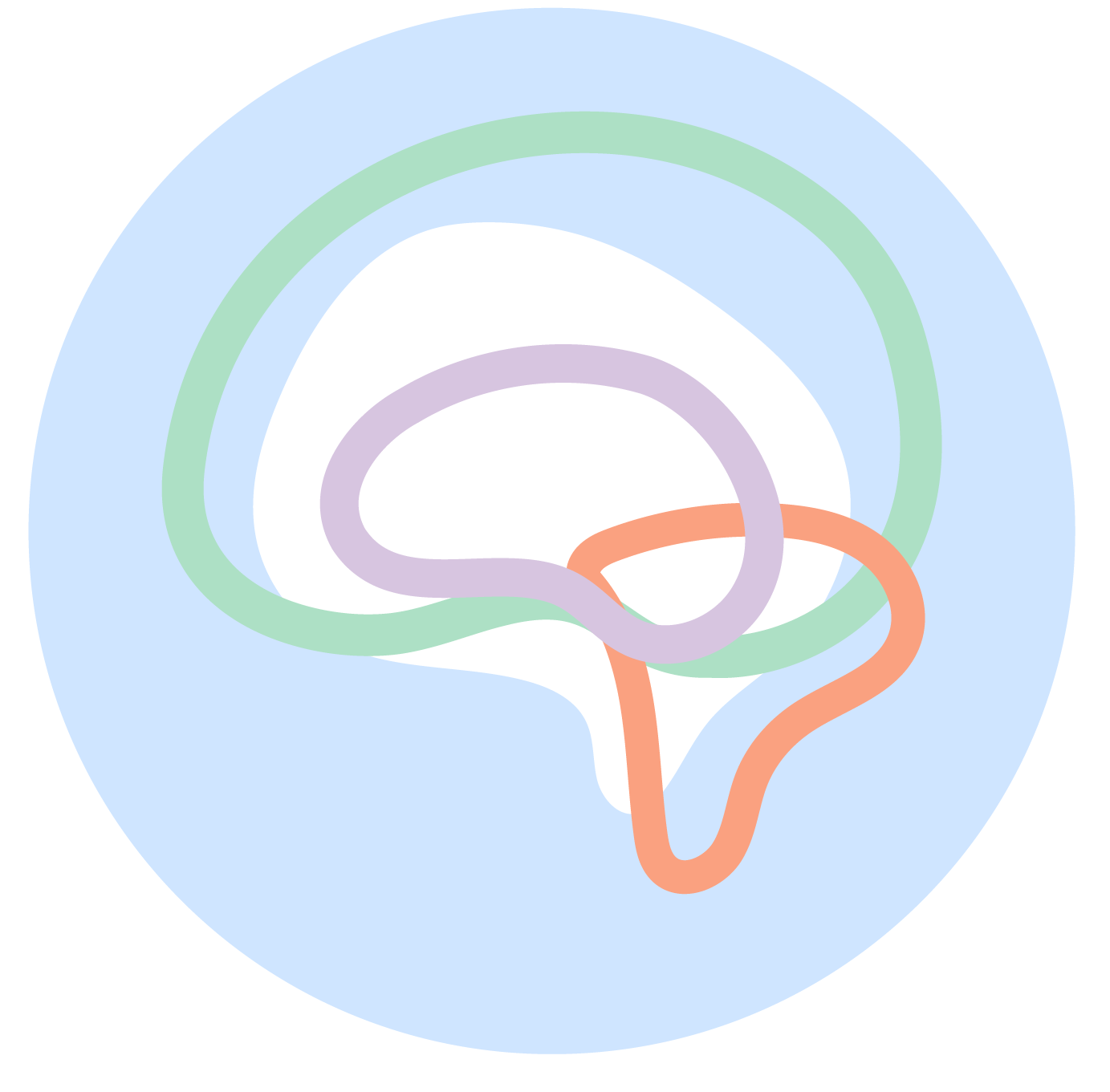How to Journal for Mental Clarity
Hey friend!
Perhaps you’ve heard of journaling and maybe even know a few people who do it.
There’s a lot of information out there but, where do you even start?
Perhaps you’ve even heard people say, “Just write it down," as if writing a problem down will somehow make it disappear.
Journaling isn’t about having the perfect diary or writing extensive essays about each day to solve your problems magically.
It’s about letting yourself write what you want and freeing yourself from your thoughts.
So, if you’re curious but unsure where to start, or why you should even bother, here’s how to make journaling work for you and make it feel more manageable, lighter, and more personal to you.
Why Journal, Anyway?
It’s easy to feel overwhelmed by everything: school, friends, family, plans, and that weird argument you keep replaying in your head from last week.
Journaling lets you:
Declutter your mind: Like organizing a messy mental closet.
Process emotions: Writing makes it easier to understand what you’re feeling.
Stop overthinking: Writing things down can make letting go of certain thoughts easier.
Track your growth: Looking back at old entries can remind you how far you’ve come.
Tips to Get Started
1. Keep it simple!
There’s no “right” way to journal. You can write one sentence or five pages—it’s up to you. If you feel like ranting about your day, cool. If all you’ve got are bullet points of random thoughts, that’s cool, too. Nobody’s grading this.
2. Find a personal routine
You don’t have to journal every day. Maybe you check in with yourself once a week, or once a month, or only when things get chaotic. Some people like journaling in the morning to set intentions, and others do it at night to process their day. Play around with what feels good! And bonus tip: It’ll help to keep your notebook in view daily so you can remember about it.
3. Try out prompts if you feel stuck
If you’re staring at a blank page and feeling lost, there are many prompts online from which you can choose. Here are a few that maybe you’d like to use:
“What have I been thinking about lately?”
“What am I feeling right now?”
“What is something I feel grateful for today?”
“What’s been a main source of stress, and what can I do about it?”
These little questions can make a huge difference. You’ll find that the thoughts just start flowing once you get writing.
4. Make it perfectly imperfect
Your journal isn’t a place for perfection—it’s a place for honesty. Your handwriting can be messy, you can scratch things out, your sentences don’t even have to make grammatical sense! This is your space; no one will read it unless you want them to.
5. Have fun with other formats
If long essay-like entries don’t fit your vibe, try other ways of journaling!
Brain dumps: Write whatever comes to mind; The less structure, the better.
Mood tracking: Use emojis, colors, or stickers to show how you feel daily.
Gratitude lists: Jot down three things you’re grateful for. These lists can help shift your mindset when things feel heavy.
Art journaling: Doodle, sketch, or make collages. Sometimes, expressing yourself without words is even better.
Increasing Mental Clarity
When you write things down, you allow your brain to release thoughts instead of holding on to them. It’s like emptying your mental junk drawer to finally think clearly.
Sometimes, you’ll find solutions to things you didn’t know were bothering you. Other times, you’ll feel lighter because you’ve put your worries outside your head. And honestly, there’s a weird satisfaction in seeing your thoughts on paper; it makes them feel more manageable.
Closing Thoughts
Journaling isn’t magic, but it is a beneficial tool.
It won’t solve your problems alone, but perhaps you’ll find yourself focusing better and deliberately improving your way of life.
You don’t have to do it perfectly, and it certainly doesn’t have to be an extensive, dramatic practice.
Grab a notebook, or even the notes app on your phone, and allow yourself to write what you want.
Even a little journaling can go a long way toward helping you feel clearer, calmer, and more in control.
So next time life feels too much, try journaling. With some consistency, you might just fall in love with it.
”I can shake off everything as I write; my sorrows disappear, my courage is reborn” - Anne Frank




